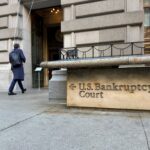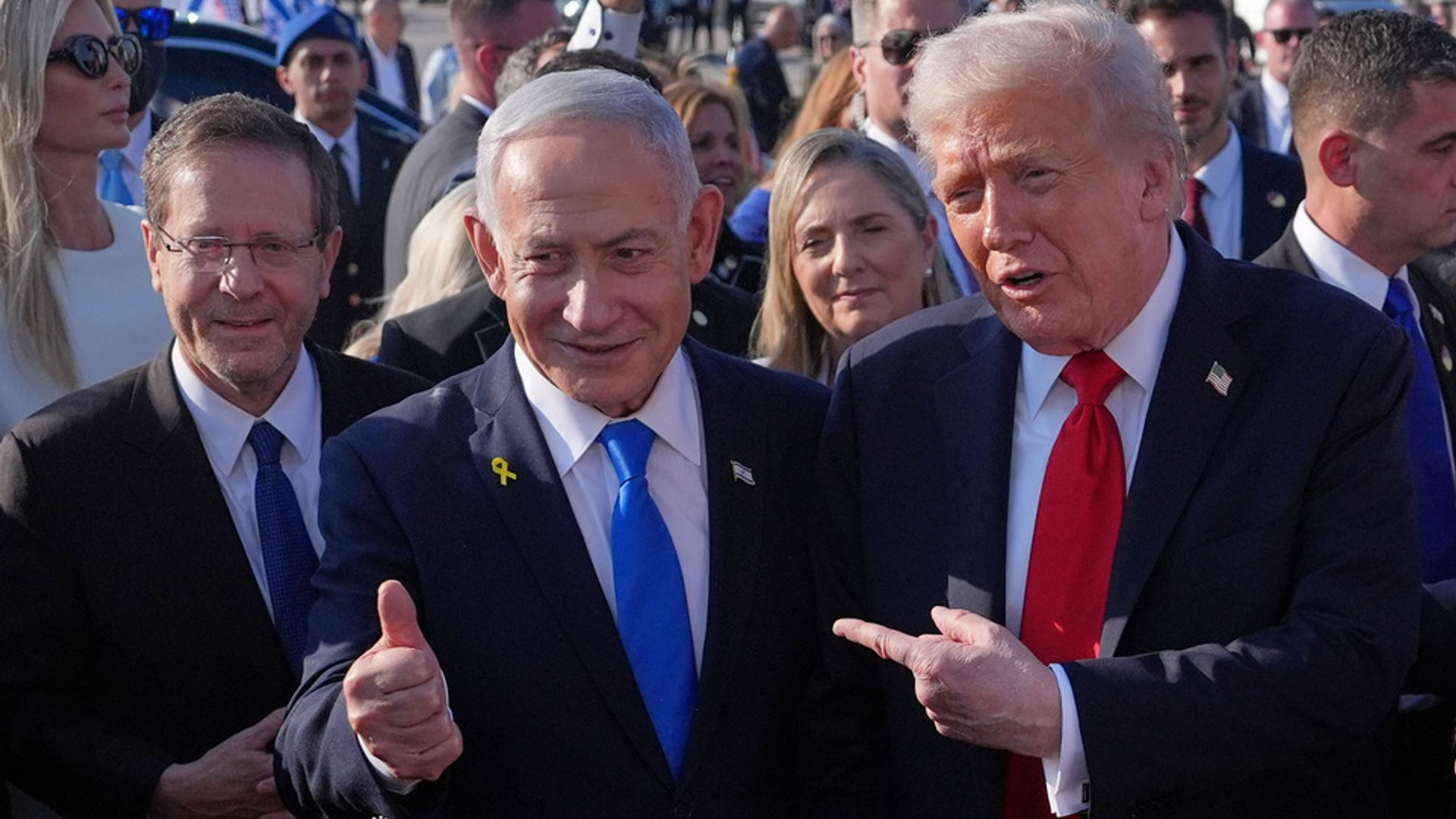
A federal bankruptcy court judge has said he will approve OxyContin-maker Purdue Pharma’s latest deal to settle thousands of lawsuits over the toll of opioids.
Friday’s deal, overseen by United States Bankruptcy Judge Sean Lane, would require members of the Sackler family who own the company to contribute up to $7bn over 15 years, with some of the money going to victims of the opioid crisis.
- list 1 of 3Canada records almost 50,000 deaths from fentanyl since 2016
- list 2 of 3Purdue Pharma, Sacklers to pay $7.4bn in new opioid settlement
- list 3 of 3Purdue Pharma $7.4bn opioid settlement wins broad support from US states
end of list
The new agreement replaces one the US Supreme Court rejected last year, finding it would have improperly protected members of the family against future lawsuits. The judge said he would explain his decision in a hearing on Tuesday.
The deal is among the largest in a series of opioid settlements brought by state and local governments against drugmakers, wholesalers and pharmacies.
It could also close a long chapter – and maybe the entire book – on a legal odyssey over efforts to hold the company to account for its role in an opioid crisis connected to 900,000 deaths in the US since 1999, including from heroin and illicit fentanyl.
Lawyers and judges involved have described it as one of the most complicated bankruptcies in US history. Ultimately, lawyers representing Purdue, cities, states, counties, Native American tribes, people with addiction and others were nearly unanimous in urging the judge to approve the bankruptcy plan for Purdue.
The company filed for protection six years ago as it faced lawsuits with claims that grew to trillions of dollars.
Purdue lawyer Marshall Huebner told the judge that he wishes he could “conjure up $40 trillion or $100 trillion to compensate those who have suffered unfathomable loss”. But without that possibility, he said: “The plan is entirely lawful, does the greatest good for the greatest number in the shortest available timeframe.”
Advertisement
Opposition quieter
The saga has been emotional and full of contentious arguments between the many groups that took Purdue to court, often exposing a possible mismatch between the quest for justice and the practical role of bankruptcy court.
The US Supreme Court rejected a previous deal because it said it was improper for Sackler family members to receive immunity from lawsuits over opioids.
In the new arrangement, entities that don’t opt into the settlement can sue them. Family members are collectively worth billions, but much of their assets are held in trusts in offshore accounts that would be hard to access through lawsuits.
This time, the government groups involved have reached an even fuller consensus, and there has been mostly subdued opposition from individuals.
Out of more than 54,000 personal injury victims who voted on whether the plan should be accepted, just 218 said no. A larger number of people who are part of that group didn’t vote.
Unlike with other proceedings, there were no protests outside the courthouse.
A handful of objectors spoke during the three-day hearing, sometimes interrupting the judge. Some said that only the victims, not the states and other government entities, should receive the funds in the settlement.
Others wanted the judge to find the members of the Sackler family criminally liable – something Lane said is beyond the scope of the bankruptcy court, but that the settlement doesn’t bar prosecutors from pursuing.
A Florida woman whose husband struggled with addiction after being given OxyContin following an accident told the court that the deal isn’t enough.
“The natural laws of karma suggest the Sacklers and Purdue Pharma should pay for what they have done,” Pamela Bartz Halaschak said via video.
Deal among the biggest opioid settlements
A flood of lawsuits filed by government entities against Purdue and other drugmakers, drug wholesalers and pharmacy chains began about a decade ago.
Most of the major ones have already settled for a total of about $50bn, with most of the money going to fight the opioid crisis.
There’s no mechanism for tracking where it all goes or nor any overarching requirement to evaluate whether the spending is effective. Those hit the hardest generally haven’t had a say.
Besides contributing cash, members of the Sackler family would formally give up ownership of the company. None have been on its board or received payments since 2018. Unlike a similar hearing four years ago, none were called to testify in this week’s hearing.
Advertisement
The company would get a name change – to Knoa Pharma – and new overseers who would dedicate future profits to battling the opioid crisis. That could happen in the spring of 2026.
Family members would be barred from involvement in companies that sell opioids anywhere in the world. And they would not have their names added to institutions in exchange for charitable contributions. The name has already been removed from museums and universities.
Company documents, including many that would normally be subject to lawyer-client privilege, are to be made public.
Money set aside for victims
Unlike the other major opioid settlements, individuals harmed by Purdue’s products would be in line for some money as part of the settlement. About $850m would be set aside for them, with more than $100m of that amount carved out to help children born dealing with opioid withdrawal.
All of the money for the individual victims would be delivered next year.
About 139,000 people have active claims for the money. Many of them, however, have not shown proof that they were prescribed Purdue’s opioids and will receive nothing.
Assuming about half of the individual claimants would qualify, lawyers expect that those who had prescriptions for at least six months would receive about $16,000 each, and those who had them more briefly would get about $8,000, before legal fees that would reduce what people actually receive.
One woman who had a family member suffer from opioid addiction told the court by video Thursday that the settlement doesn’t help people with substance use disorder.
“Tell me how you guys can sleep at night knowing people are going to get so little money they can’t do anything with it,” asked Laureen Ferrante of Staten Island, New York.
Christopher Shore, a lawyer representing a group of individual victims, said in court Friday that the settlement is a better deal than taking on Sackler family members in court.
“Some Sacklers are bad people,” he said, “but the reality is that sometimes bad people win in litigation.”
Most of the money is to go to state and local governments to be used in their efforts to mitigate the damage of the opioid epidemic. Overdose death numbers have been dropping in the past few years, a decline experts believe is partly due to the impact of settlement dollars.
British Caribbean News


